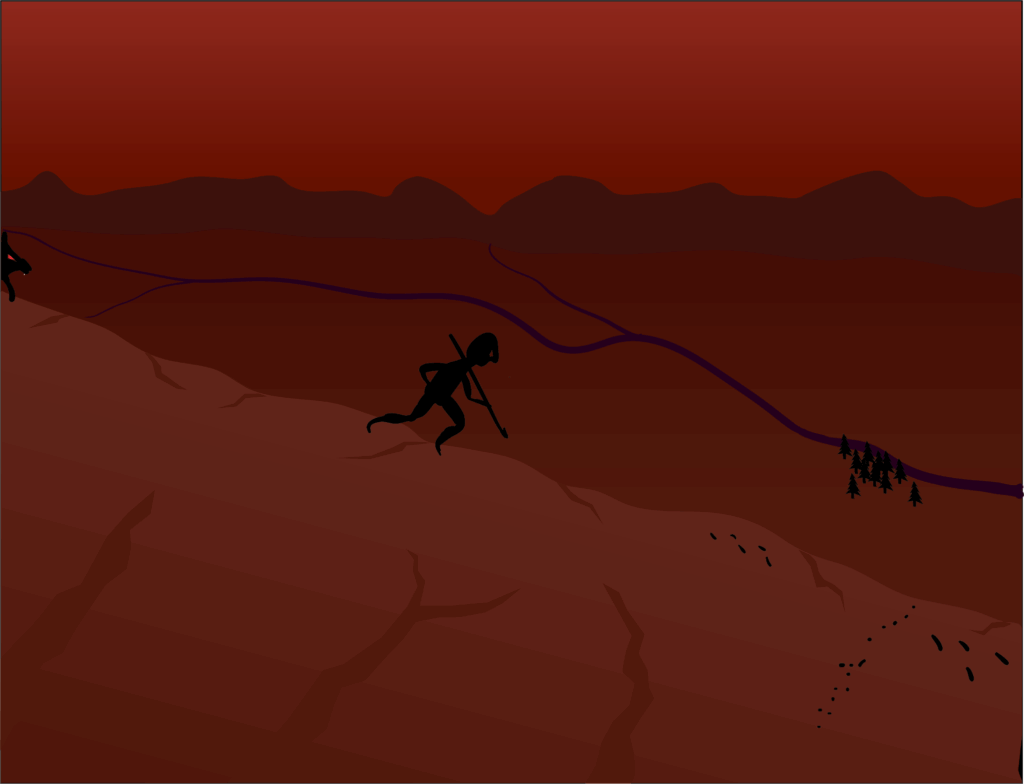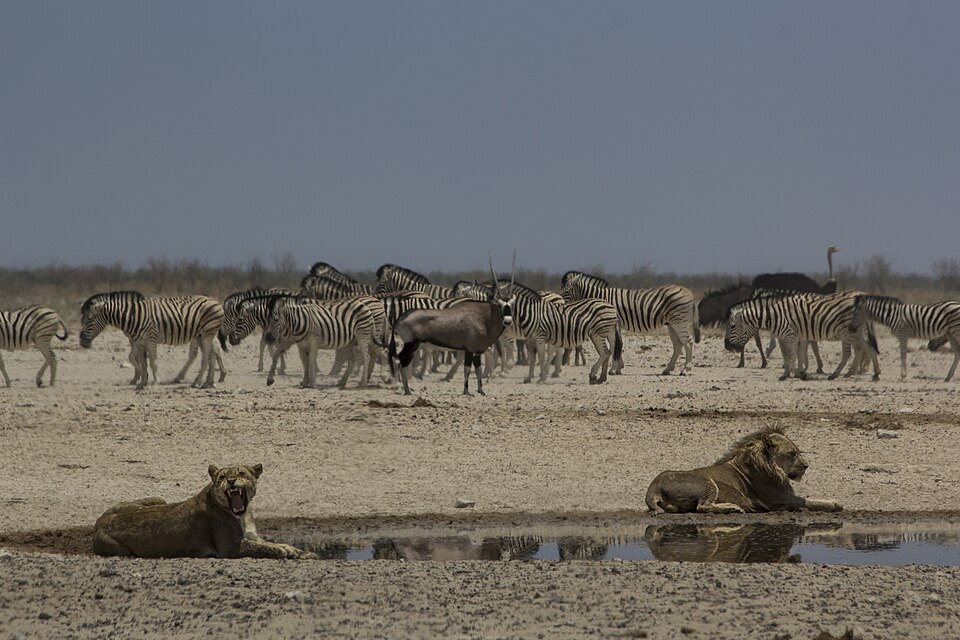
Oh No. Is Do the Math about to get hijacked for another long series about a Daniel Quinn book, like it was for Ishmael?
How about just a really long post?
The Story of B is the second in a series of three books associated with the wise gorilla, Ishmael, and his teachings. Some report “B” as a more powerful book than the first (Ishmael). For me, they sort-of run together, and I have trouble remembering which book focused on which point. That’s part of why I started the project of capturing the Ishmael content, and here do something similar for The Story of B. I figure if it helps me keep the books straight, it will help others, too.
In this post, I sketch the content of the book. I am not tracing much in the way of story elements. I’m not even fully fleshing out the key arguments, but making more of a map so that I or others can more quickly revisit key parts, or get a quick refresher on the entire book’s flow and content. For those who have not read the book, I hope it serves as encouragement to do so.
Continue readingViews: 2091









